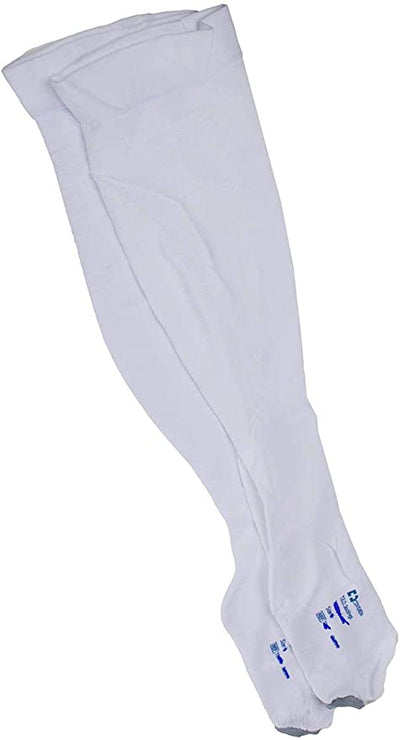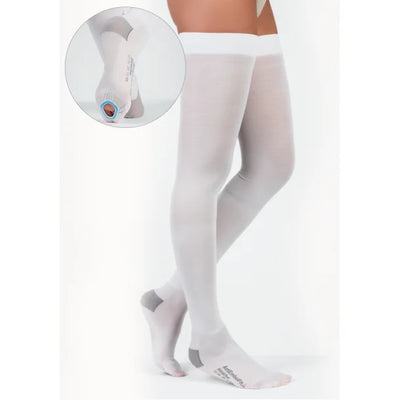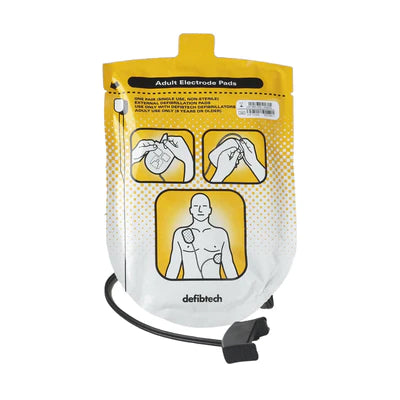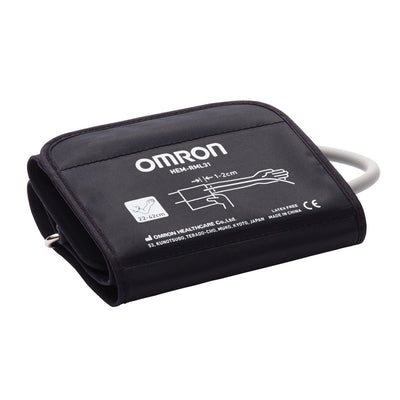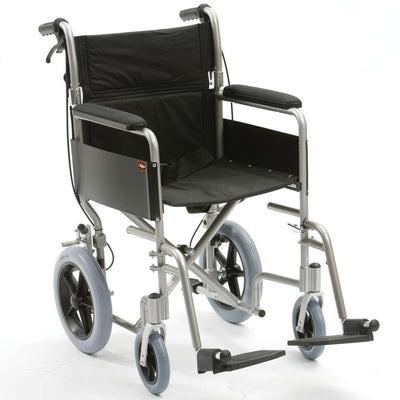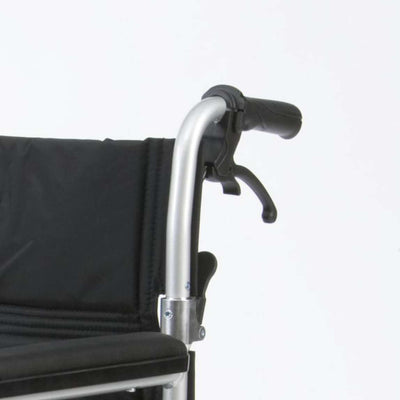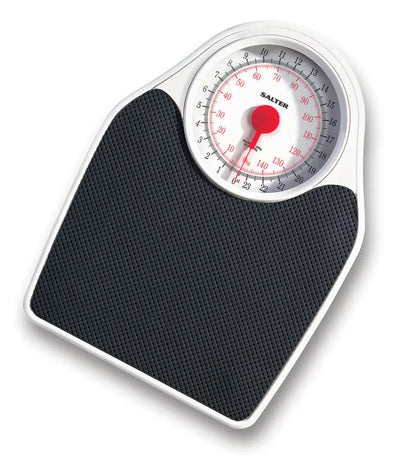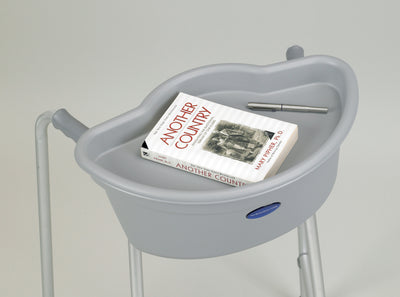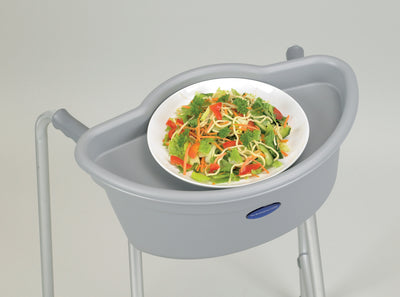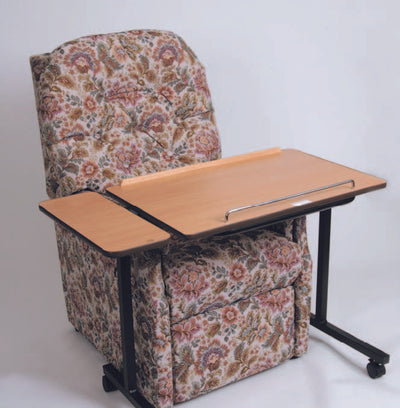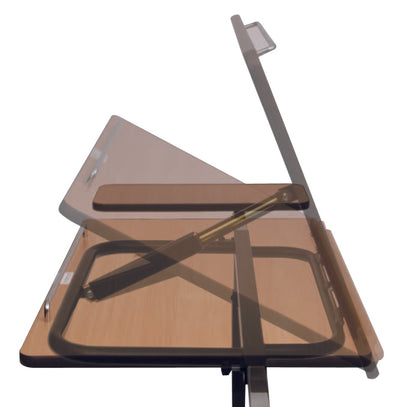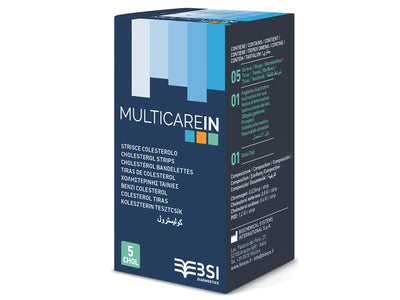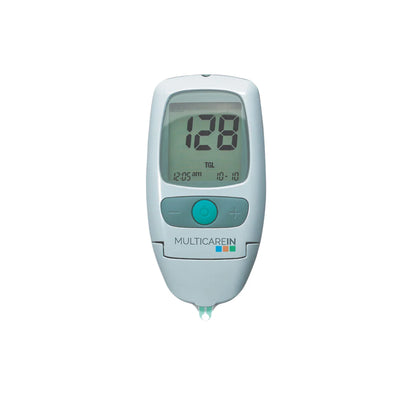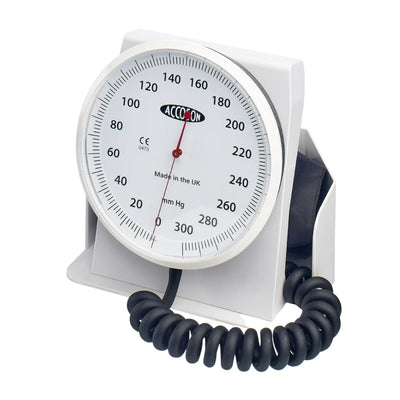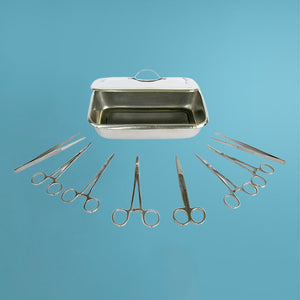We, at Mediworld, help people to find the most suitable walking aids for their needs everyday. Whether it’s to aid recovery from an injury or operation, or for longer term walking support we help to make sure the correct fit, support and comfort to get you back up and mobile, and staying active everyday.
Different styles of walking aids provide different levels of support and mobility practices. So here’s a quick guide to just some of the walking aids that are available to keep you enjoying life to the full.
Single-Footed Walking Stick
A walking stick, or cane, with a single foot point is the most simple walking support available. It provides a little extra support and balance when a person has perhaps become a bit weaker in their movements, or is prone to stumbles, slips and falls. It’s also a useful support for walkers who enjoy hills, or walking on uneven ground.
Walking sticks reduce fatigue on the body by redistributing the body’s weight. Instead of all your weight coming down on your back, hips and knees, a walking stick displaces some of your weight from your back and lower body and supports it through your arms and the stick itself.
This can reduce wear and tear on your joints and muscles, which can help people with arthritis or back problems.
They can take a bit of getting used to but the general rule is that by holding the cane in the hand of your ‘strong’ side, you lift the stick, place it ahead of you and allow it to support your body’s weight with your arms as you move.
Make sure you have your stick fitted properly, as using a stick at the wrong height can cause other issues with your posture over time.
Walking sticks come in a huge variety of colours and styles, can be adjusted folded away and even come with a handy seat attached if you like to stop to enjoy the view when you’re out and about.
Walkers and Frames
A three or four legged walking frame provides much more support than the one footed walking stick and as such is more appropriate for those with poor balance, ailing leg strength and less upper body movement or strength.
The standard walker is lifted and moved forward with each step, so it does require a level of muscle power to operate.
Often the basic walking frame will be used as a temporary measure if someone is recovering from an injury, or if they’re having some difficulties with balance when staying mobile. They are very lightweight and a folding walking frame is very easy to transport if needs be.
They can also be fitted with a walking frame caddy to help with transporting items around the house or for carrying small bags/items when moving outdoors.
Rollators and Wheeled Walking Frames
Wheeled walkers are fitted with 4-wheels. They come in lots of different configurations and provide stability whilst still being easy to move. If balance is an issue, though, the standard no-wheeled walker might be the best option to avoid falls.
Wheeled walking frames do, however, allow much smoother movement to those who can handle them and are a great, longer term option for the active person who needs more support whilst out and about. And because of their stronger frame build, they can support a certain amount of body weight, allowing the user to feel less fatigue and therefore use it for longer.
The great thing about the wheeled walkers or rollators is that they come with a seat attached that allows for regular breaks while out and about. They’re also useful for storage so can be used for shopping and daily chores.
Contrary to the often-felt stigma attached to the use of a walking aid like a walking frame or rollator, the level of independence and freedom offered to users is often beyond their expectations and for those who have been house-bound as a result of their mobility issues, a walking aid really can provide a new lease of life.
If you need any help with finding the right walking aid for you or a loved one, we can help.
Do get in touch today.
For all your Medical and Homecare supplies give us a call at Mediworld.
We have over 40 years experience in medical, surgical, mobility and home health supplies and we're always on hand to chat if you need support or advice and don't forget to read our other great health blogs!
September 2022
